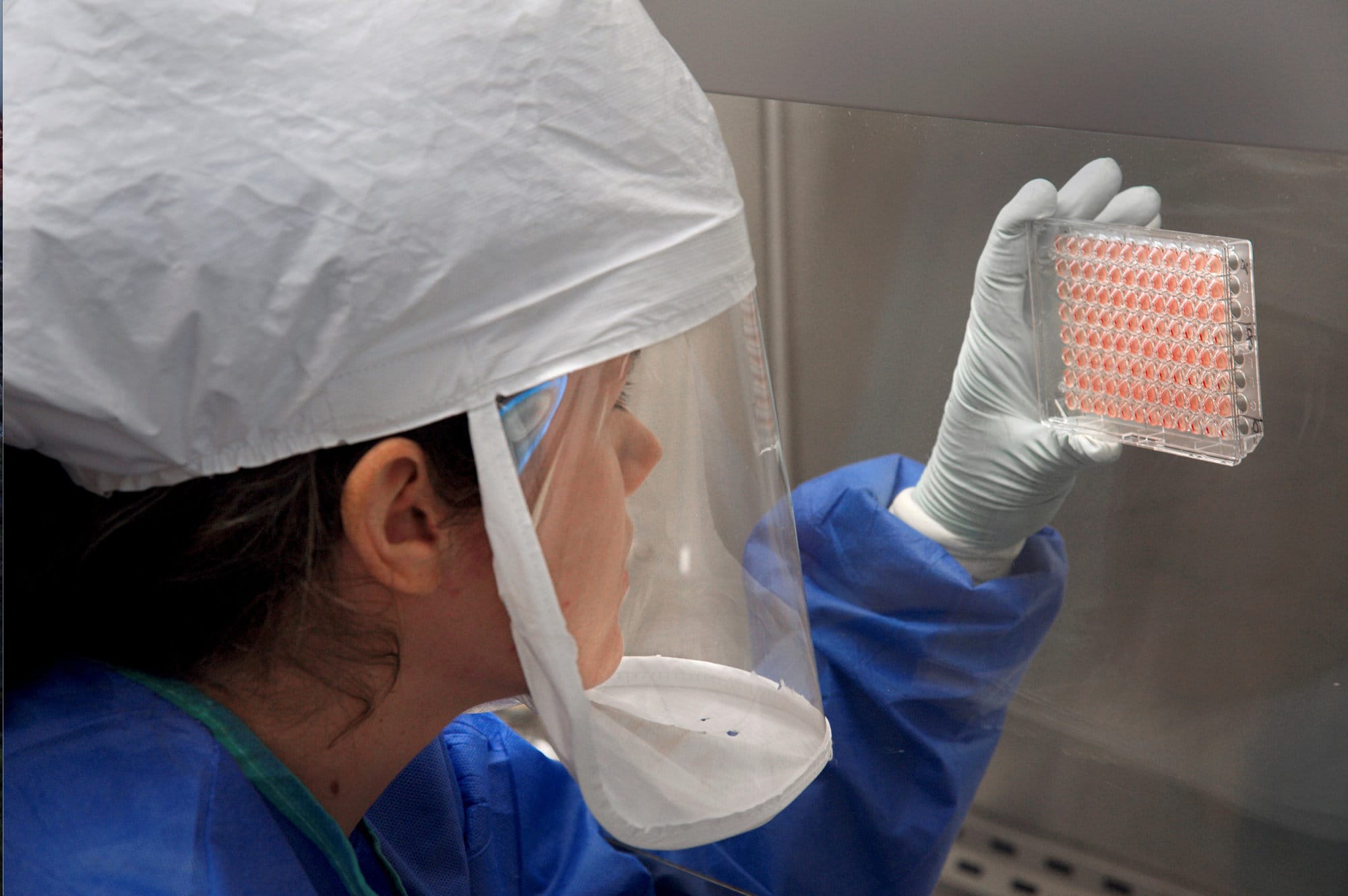The Democratic Republic of Congo is facing a new health crisis as a mysterious disease has broken out in the country, claiming the lives of dozens of people. The illness, which has not been identified, has affected several villages in the northeastern part of the country, near the border with South Sudan.
According to reports from local health authorities, the disease was first detected in late February, and since then, it has spread rapidly, infecting hundreds of people. The symptoms of the disease include fever, headache, and muscle pain, which are similar to those of other infectious diseases such as malaria and typhoid fever.
However, what sets this disease apart is its high mortality rate. According to officials, the disease has claimed the lives of at least 50 people, with many more in critical condition. The exact number of deaths and infections is difficult to determine due to the remote location of the affected areas and the limited availability of medical facilities.
The World Health Organization (WHO) has been informed of the outbreak, and a team of experts has been dispatched to the affected area to assist local health authorities in containing the spread of the disease. The WHO has also provided medical supplies and equipment to support the response efforts.
“We are working closely with the government of the Democratic Republic of Congo to respond to this outbreak,” said a WHO spokesperson. “Our priority is to identify the cause of the disease and to provide the necessary support to contain its spread.”
The outbreak has also prompted a response from other international aid organizations, including Médecins Sans Frontières (MSF) and the Red Cross. MSF has deployed a team of medical professionals to the affected area, while the Red Cross has provided emergency assistance, including food, shelter, and medical care.
The Democratic Republic of Congo has a history of dealing with infectious diseases, including Ebola, which has affected the country on several occasions. However, the current outbreak is particularly concerning due to the high mortality rate and the lack of information about the cause of the disease.
“We are doing everything we can to support the government and the people of the Democratic Republic of Congo in responding to this outbreak,” said a spokesperson for the Red Cross. “Our priority is to provide emergency assistance and to help contain the spread of the disease.”
The outbreak has also raised concerns about the preparedness of the country’s health system to respond to infectious diseases. The Democratic Republic of Congo has a fragile health system, which has been weakened by years of conflict and underinvestment.
“This outbreak highlights the need for a strong and resilient health system in the Democratic Republic of Congo,” said a WHO official. “We are working with the government to strengthen the health system and to improve its capacity to respond to infectious diseases.”
In the meantime, local health authorities are urging people in the affected areas to take precautions to prevent the spread of the disease. This includes avoiding close contact with people who are sick, washing hands regularly, and seeking medical attention immediately if symptoms occur.
The investigation into the cause of the disease is ongoing, and it may take several weeks or even months to determine the exact cause. Until then, the people of the Democratic Republic of Congo will have to rely on the support of local health authorities and international aid organizations to contain the spread of the disease and to provide emergency assistance to those affected.



